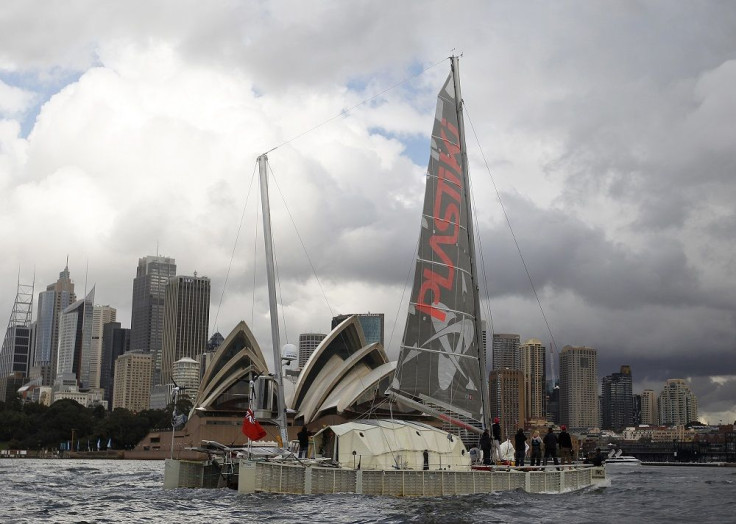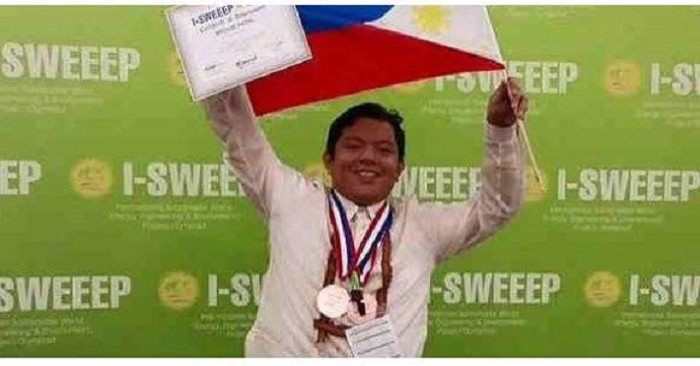Australia initiates research how to reduce plastic pollution in waterways
Forbes recognises Filipino youth inventor of biodegradable plastic made from coconut

Australian Environment Minister Greg Hunt announced on Monday the allocation of $60,000 to begin an urgent research on how the country could cut plastic pollution in waterways, reefs and oceans. The study aims to identify the major sources of plastic waste that ends up in Aussie waters.
An increase in volume of plastics have been observed in beaches, fishing areas and landmarks such as the Sydney Harbour. The density could be up to 40,000 items per square kilometres, according to the ministry press release.
By acquiring knowledge about the sources of plastic waste and improving the management of these waste products, the government hopes to acquire better understanding of the impact of these non-biodegradable products on the environment. Tasked with undertaking the study is the Marine Biodiversity Hub of the National Environmental Science Programme which is funding the research.
The hub is doing the study in collaboration with the Tropical Water Quality Hub and other research partners. The study would serve as guide in crafting a national policy on waste management practices and support local, state and territory governments in reducing plastic in its waterways.
Australia could perhaps tap the technology invented by a 15-year-old Filipino who crafted biodegradable plastic from coconut. The teen, Amin Hataman, was honored last week by Forbes by including him in the 30 Under 30 Asia List, being the youngest honoree for his contribution in the field of healthcare and science.

There were 10 Filipinos in the list, including 23-year-old lesbian international singer Charice Pempengco for entertainment and sports and 22-year-old Leandro Leviste, who is pushing for affordable solar panels, for manufacturing and energy, reports CNN.
Hataman and Memduh Karabulut were among the bronze prize winners at the 2015 International Sustainable World Energy, Engineering and Environmental Project (I-Sweep) Olympiad, among 462 entries. The science competition, launched in 2008 in Houston, Texas, is for high school students.
His invention is made from nata de coco, a coconut derivative that disintegrates after it is exposed to the elements for several days. It was the gold medal winner at the 2014 International Young Inventors Olympiad in Tbilisi, Georgia.
The young inventor is the son of Mujiv Hataman, the governor of the Autonomous Region of Muslim Mindanao in southern Philippines. The governor is coordinating with the Philippine Department of Science and Technology in his region to conduct a study on how his son’s invention could be used by domestic industries.





















